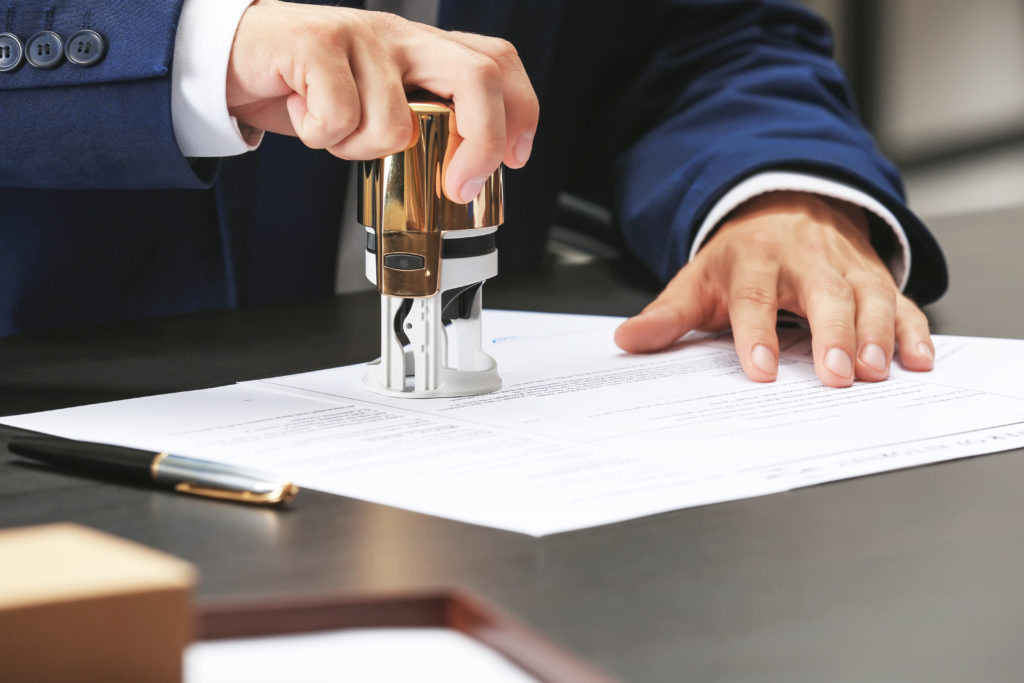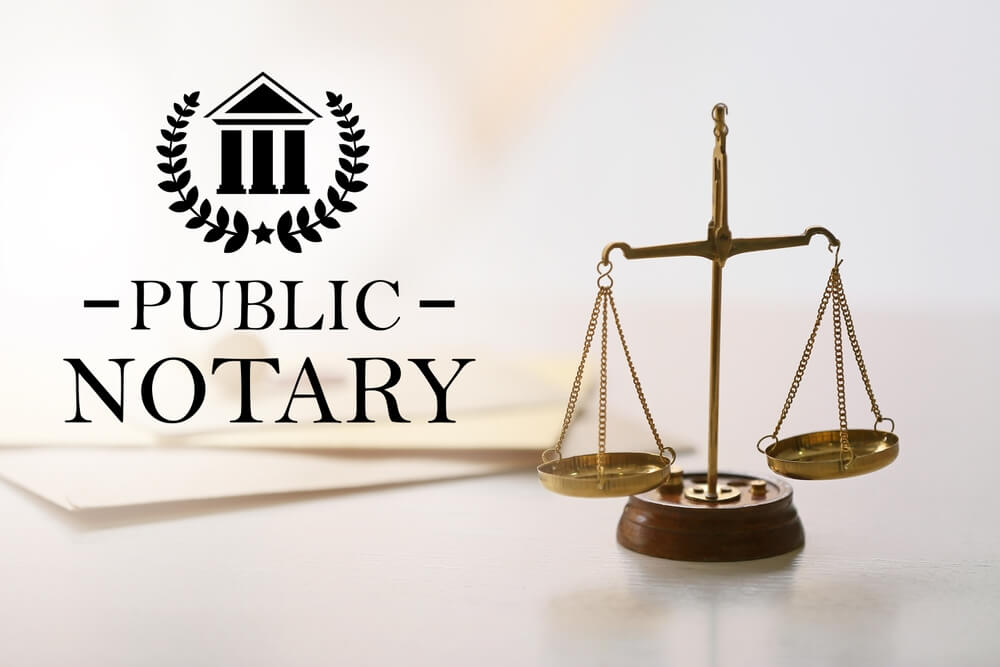Proficient Conveyancer: Assisting In Smooth Real Estate Transactions
Proficient Conveyancer: Assisting In Smooth Real Estate Transactions
Blog Article
Debunking Notarial Work: Simplifying the Function and Significance of Notaries
Their function, frequently shrouded in mystery for many, lugs significant weight in guaranteeing the credibility and honesty of critical records. By unwinding the complexities dropping and surrounding notarial practices light on the importance of their acts, a more clear understanding arises of the essential duty notaries play in supporting the fabric of legal and legal arrangements.
The History of Notarial Work
Just how did notarial work evolve gradually to end up being an integral part of lawful and service transactions? The background of notarial job dates back to ancient civilizations, where scribes played a vital role in tape-recording essential details and validating files. As cultures advanced, the demand for an extra formalized system to guarantee the credibility of arrangements arose. This led to the development of notaries, individuals selected by the state to serve as impartial witnesses in lawful issues.
Throughout the Middle Ages, notaries obtained prestige in Europe, with their functions expanding to include composing lawful documents, certifying signatures, and preserving documents. The surge of worldwide profession even more emphasized the relevance of notarial work in verifying agreements and agreements across boundaries.
In the contemporary era, notaries remain to play an important duty in lawful and organization transactions by validating identities, verifying the authenticity of records, and stopping scams. Their function in licensing the credibility of agreements includes a layer of safety and security and count on to the ever-evolving landscape of business and legislation.

Obligations and Duties of Notaries
Notaries play a vital role in verifying the credibility of documents and the identity of notaries. One of their primary duties is to witness the finalizing of vital files, such as acts, wills, and agreements, to ensure that all events are getting in right into contracts intentionally and voluntarily.
They accredit copies of original documents, giving assurance to establishments that the duplicates are true reproductions of the originals. On the whole, the duties and obligations of notaries are important in safeguarding the stability and validity of different records and transactions - DIRCO.
Notarial Certificates and Signatures
Exemplifying precise focus to information, notarial certifications and signatures function as vital components in verifying the credibility of lawful records. Notarial certifications usually have important details such as the day of registration, the names of the notaries, a description of the document, and the notary's official seal. These certifications offer a clear record of the notarial act, making certain that the record can pop over to these guys be easily recognized and mapped back to the notary that oversaw the procedure.
Trademarks play a critical role in notarial work, as they represent the contract and authorization of the events included. Notaries thoroughly witness the signing of documents to validate the identity of the signatories and verify that they are signing of their very own free choice. By fastening their main seal and trademark to the document, notaries license that the required procedures have been followed which the document is enforceable and legitimate.
Essentially, notarial certificates and signatures are the trademark of authenticity in legal transactions, giving assurance you can try these out to all parties included that the records are legit and binding.
Relevance of Notarial Acts

Registration Refine Clarified
The notarization process usually begins with the specific offering the paper to a notary public. As soon as the identification is confirmed, the notary makes certain that the private signing the file does so voluntarily and without any kind of coercion.

Conclusion

Notarial certifications generally contain important info such as the day of registration, the names of the notaries, a summary of the document, and the notary's main seal. These certificates offer a clear document of the notarial act, making sure that the file can be quickly determined and mapped back to the notary who oversaw the procedure.
By attaching their official seal and signature to the document, notaries accredit that the necessary treatments have actually been complied with and that the paper is enforceable and legitimate.
By validating the identification of the notaries, validating their willingness to enter into the contract, and accrediting the day and area of the signing, notaries play an important role in upholding the validity of legal papers.After the record is authorized, the notary will attach their main seal or stamp onto the document.
Report this page